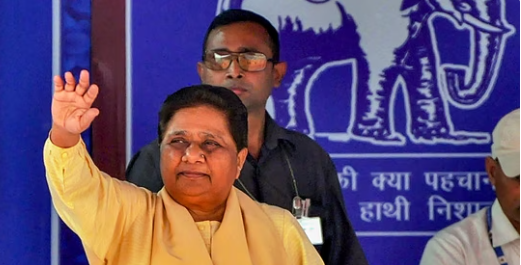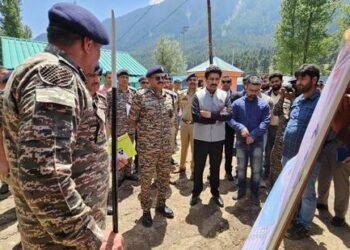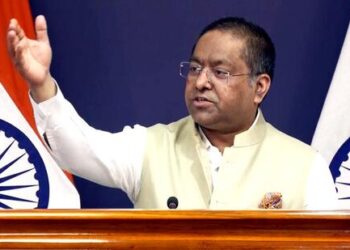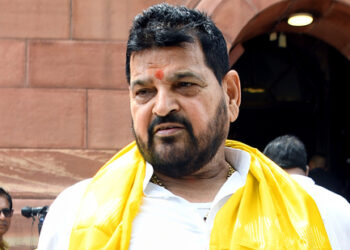Mayawati, the former Chief Minister of Uttar Pradesh and leader of the Bahujan Samaj Party (BSP), has reignited the longstanding debate over the creation of a separate state in western Uttar Pradesh. Her recent call for the formation of a new state has sparked political controversy and revived discussions on regional identity and governance in the populous northern Indian state.
The proposal put forth by Mayawati advocates for the bifurcation of Uttar Pradesh, India’s most populous state, into two separate entities, with the creation of a new state comprising the western regions. This move, she argues, would address issues of regional disparity and promote better governance by allowing for more focused attention on the development needs of the western districts.
Mayawati’s revival of the statehood debate has drawn mixed reactions from political quarters, with some supporting her stance while others dismissing it as a politically motivated tactic ahead of the upcoming state elections. The proposal has reignited discussions on the socio-economic and political dynamics of Uttar Pradesh, a state known for its diverse demographics and complex governance challenges.
Proponents of the idea argue that a separate state for western Uttar Pradesh would lead to more equitable distribution of resources and development opportunities, thereby addressing long-standing grievances of neglect and marginalization in the region. They contend that decentralization of power and resources is essential for fostering inclusive growth and addressing the diverse needs of different regions within the state.
However, critics of the proposal caution against the potential administrative and logistical challenges associated with the creation of a new state. They argue that dividing Uttar Pradesh could lead to administrative inefficiencies, resource allocation disputes, and further fragmentation of governance structures, ultimately hindering the state’s overall progress and development.
The renewed debate over the creation of a separate state in western Uttar Pradesh reflects broader discussions on regional identity and political representation in India’s federal system. It underscores the complexities of governance in a country characterized by diverse linguistic, cultural, and socio-economic landscapes.
As Uttar Pradesh gears up for crucial state elections, the issue of statehood for western Uttar Pradesh is likely to feature prominently in political discourse, shaping electoral narratives and influencing voter sentiments. The coming months are expected to witness intensified deliberations and debates on the feasibility and implications of dividing India’s most populous state.








 India
India












